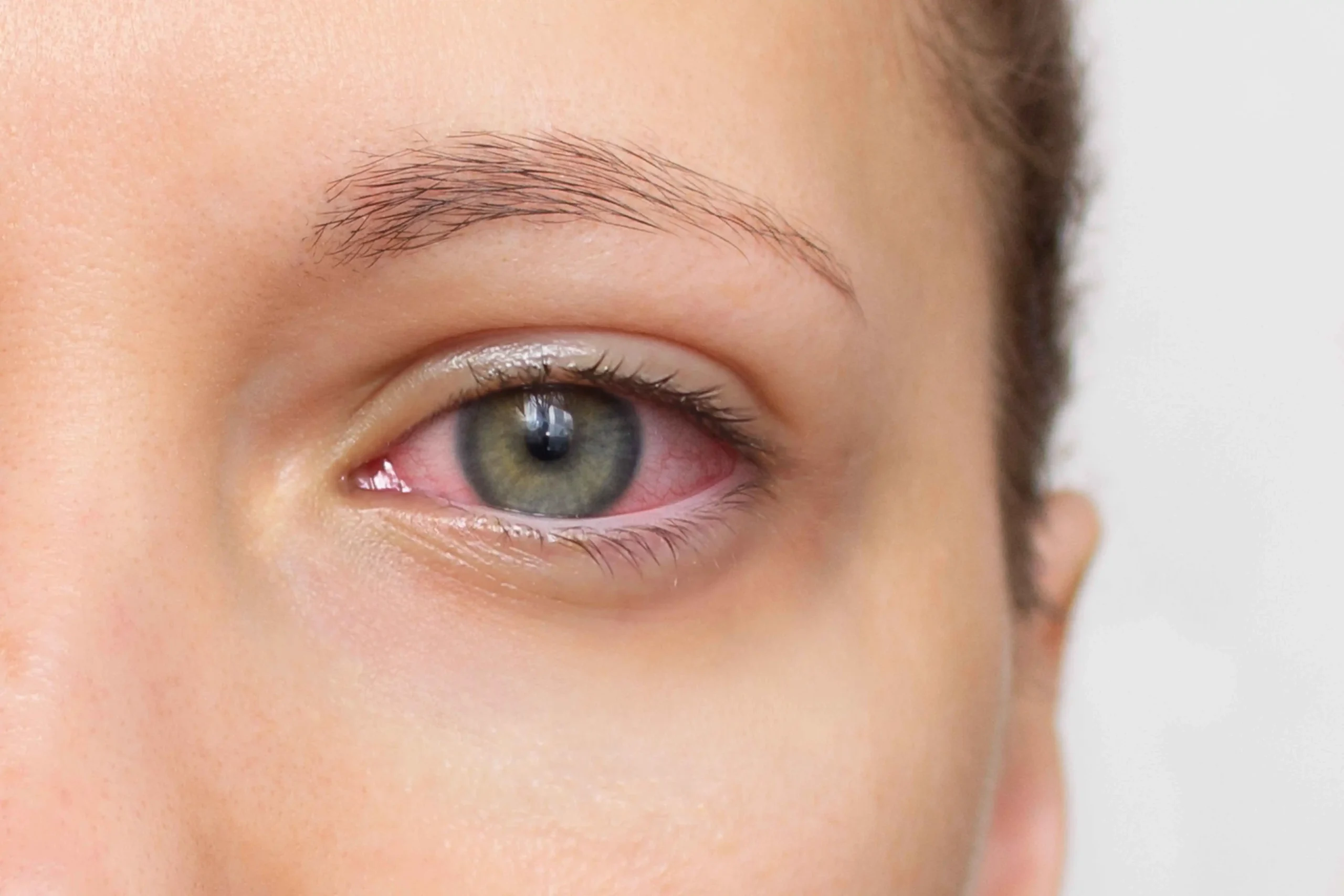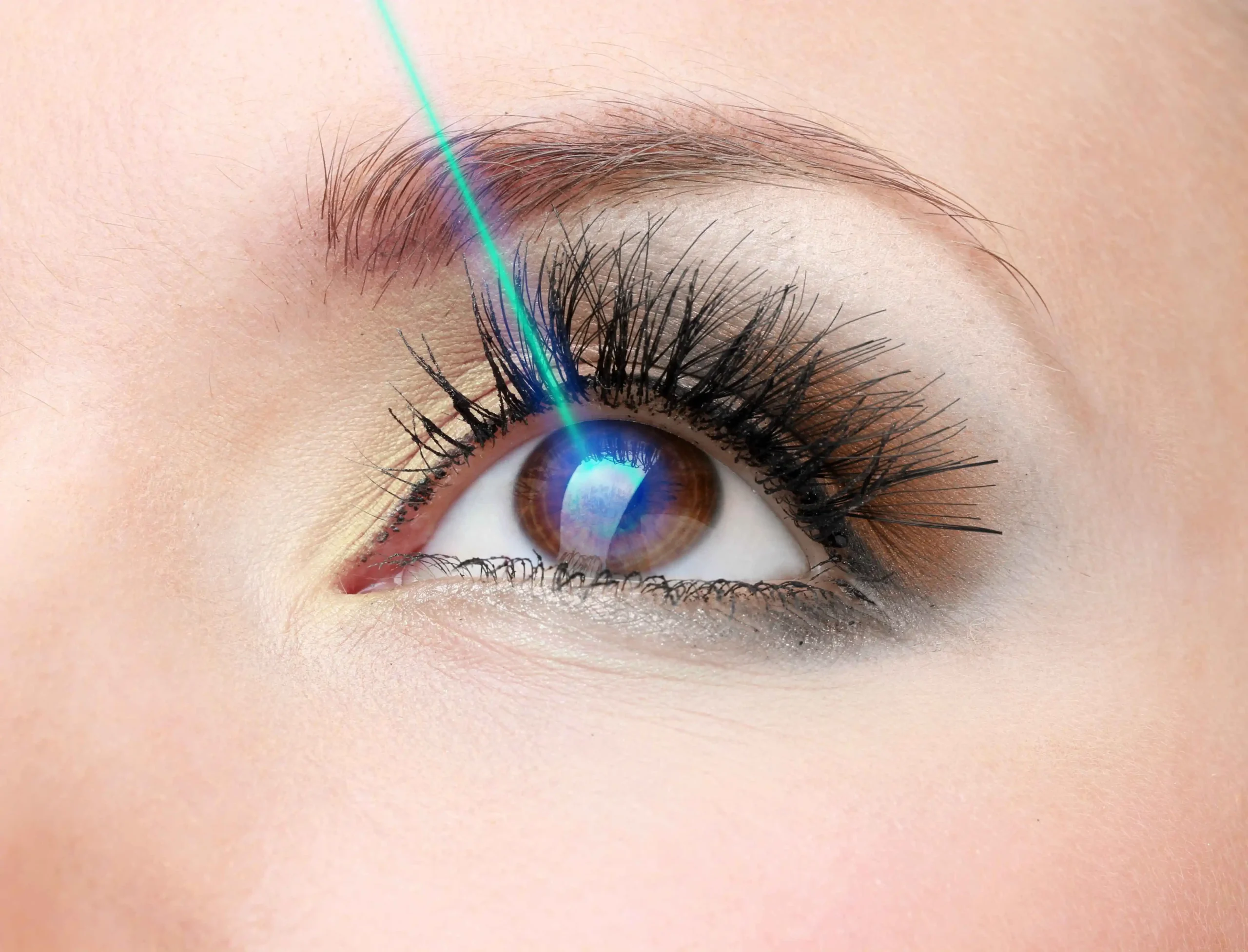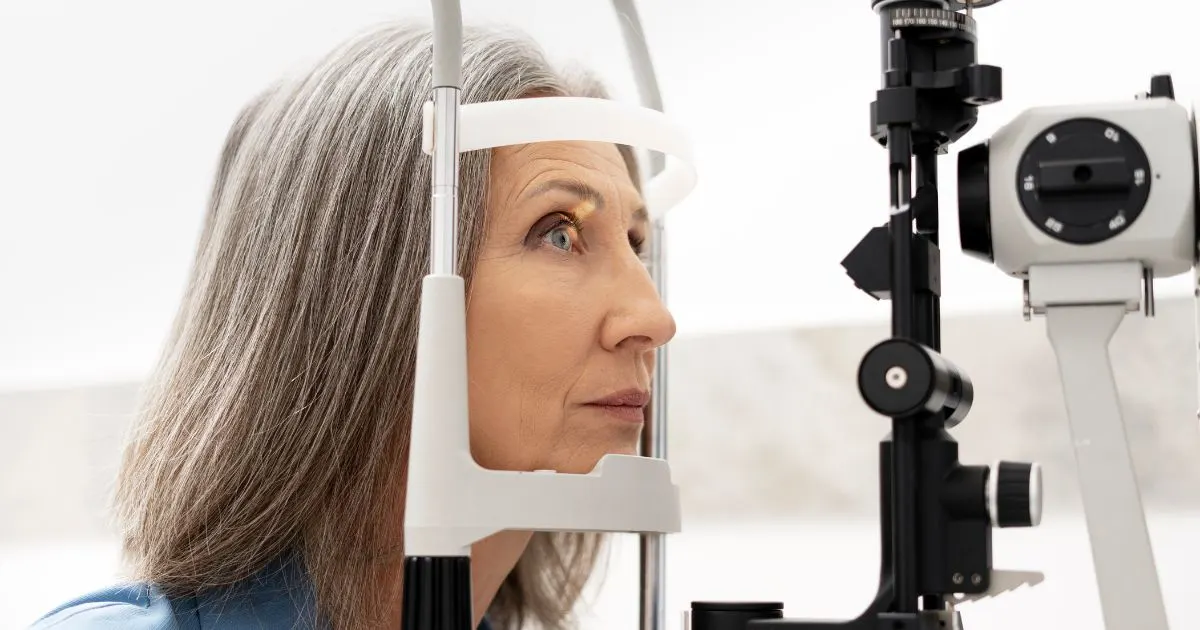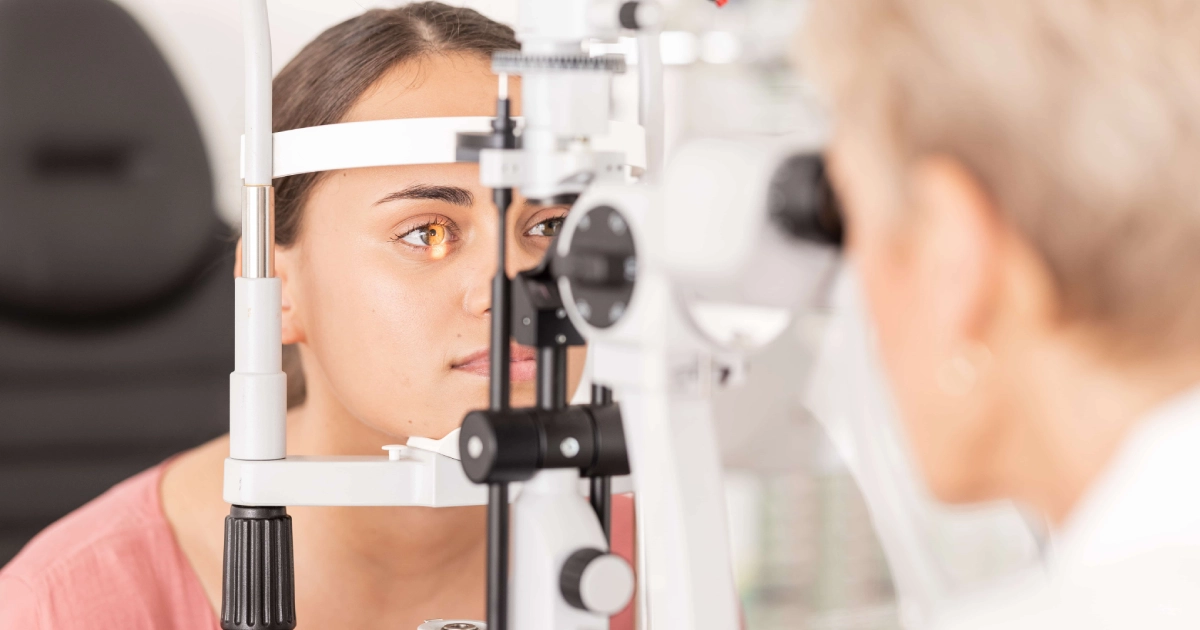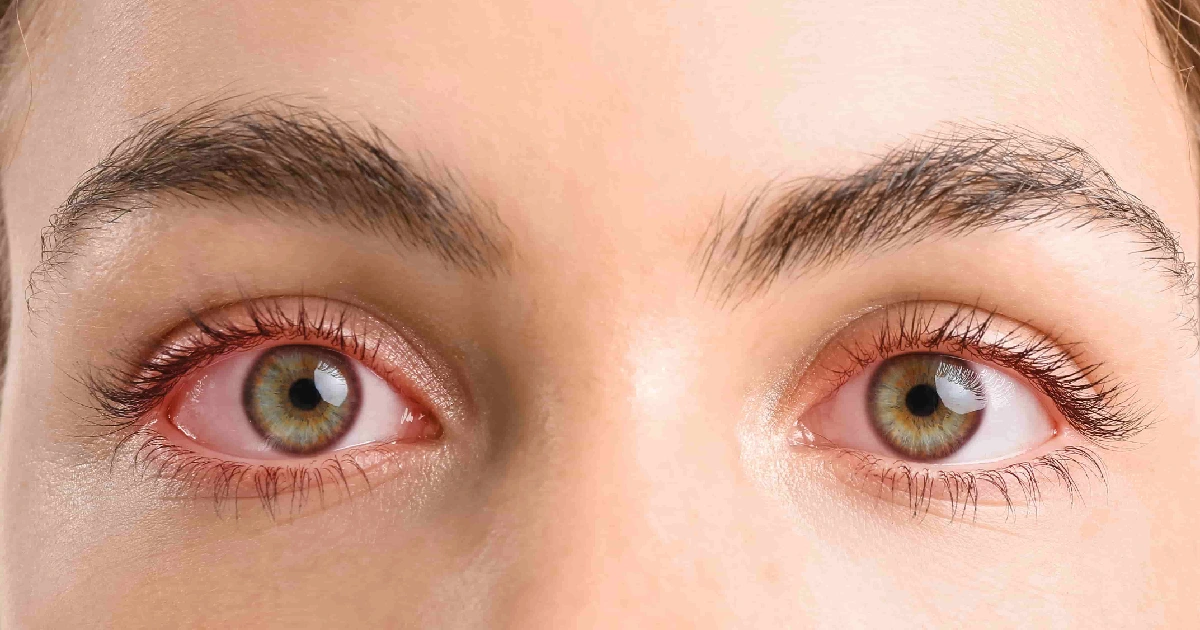Table of Contents
Vision changes with age are common, but when blurry vision and light sensitivity begin to disrupt daily life, cataracts may be the cause. Fortunately, cataract surgery offers a reliable way to restore visual clarity and regain independence. Understanding what is expected during the cataract surgery will help calm your worries if you’re considering choices for a loved one or yourself.
At Norwood Park Eye Center in Chicago, IL, cataract treatment is more than a medical procedure. It’s an opportunity to reclaim your quality of life with a clear, confident vision.
What Are Cataracts and How Do They Affect Vision?
Cataracts occur when the eye’s natural lens becomes cloudy, causing vision to appear hazy, dull, or dim. This condition typically develops with age but can also result from injury, certain medications, or medical conditions like diabetes.
Common signs that indicate the presence of cataracts include:
- Blurred or foggy vision
- Increased sensitivity to light and glare
- Difficulty seeing at night
- Faded or yellowed colors
- Trouble reading or recognizing faces
When these symptoms interfere with one’s ability to drive, read, or enjoy daily life, cataract surgery may be the most effective solution.
Who Is a Candidate for Cataract Surgery?
Cataract surgery is recommended for individuals diagnosed with cataracts and experiencing noticeable vision loss. Although it is most frequently linked to elderly people, this surgery can help anybody with cataract-related visual impairment.
Cataract surgery for seniors is especially valuable, as it often restores independence and improves quality of life. If you’re unsure whether it’s time for surgery, an eye examination at Norwood Park Eye Center can help determine the best course of action.
Preparing for Cataract Surgery: What Happens Before the Procedure
Before your surgery date, a comprehensive eye exam will be performed to confirm the cataract diagnosis and determine the appropriate treatment plan. Your ophthalmologist will:
- Measure your eye shape and size
- Determine the best artificial lens (intraocular lens or IOL) for your visual needs
- Examine your past medical records and any medications that you are currently taking.
- Provide detailed pre-surgery instructions.
You may be advised to stop certain medications temporarily and use prescription eye drops in the days leading up to surgery. You’ll also need to arrange transportation for the day of the procedure, as your vision will be temporarily affected afterward.
How Cataract Surgery Is Performed
The outpatient process for cataract in Chicago, IL, typically takes 15 to 20 minutes. This is how it works:
Step 1: Local Anesthesia
A numbing eye drop is applied so you remain comfortable throughout the surgery. You’ll be awake but won’t feel any pain.
Step 2: Small Incision
The surgeon makes a small incision in the cornea, the clear front portion of the eye.
Step 3: Lens Removal
Ultrasound technology gently breaks apart the clouded natural lens, which is then removed.
Step 4: Lens Replacement
A clear artificial lens is inserted into the same position as the original lens. This replacement restores focus and sharpness to your vision.
Once the surgery is complete, the incision usually heals naturally without stitches.
What to Expect Right After Surgery
After the procedure, you’ll rest in a recovery area for about 30 minutes before discharge. Your vision may be blurry at first, and you’ll need to wear an eye shield or sunglasses for protection.
Common early side effects include:
- Mild discomfort
- Sensitivity to light
- A tear or a scratchy feeling in the eye
Most patients experience noticeable improvement within a few days; full recovery typically occurs in a few weeks.
Post-Surgery Recovery and Care Tips
A smooth recovery depends on carefully following your post-op instructions. Here’s what to keep in mind:
Use Prescribed Eye Drops: These help prevent infection and reduce inflammation.
Avoid Rubbing Your Eye: Touching or rubbing the surgical area can interfere with healing.
Rest and Take It Easy: Avoid heavy lifting, swimming, or strenuous activity for at least a week.
Attend Follow-Up Visits: Your eye doctor will monitor your healing and ensure the new lens functions well.
Most patients report improved vision quickly, with continued sharpening over the first few weeks.
Benefits of Cataract Surgery: What You Gain
Cataract surgery benefits extend far beyond improved eyesight. Here’s what many patients enjoy after recovery:
- Clearer, brighter vision
- Reduced glare and improved night driving
- Restored ability to read and recognize faces
- More vibrant color perception
- Increased confidence and independence
This procedure offers a durable solution for vision loss, making it an essential option for those seeking to restore their quality of life.
Is It Right for You?
While standard cataract surgery is highly effective, advanced cataract surgery may offer additional advantages depending on your vision needs. This may include:
- Laser-assisted techniques for increased precision
- Premium intraocular lenses that can correct other vision issues like astigmatism or presbyopia
Your Norwood Park Eye Center ophthalmologist will help you comprehend your choices and select the course of action that best suits your visual objectives and lifestyle.
Frequently Asked Questions About Cataract Surgery
Is Cataract Surgery Safe?
Cataract surgery is one of the safest and most frequently performed surgeries worldwide. Complications are rare, and the success rate is very high when performed by a skilled ophthalmologist.
How Long Does the Surgery Take?
Patients typically stay at the surgery center for less than an hour; the treatment takes 15 to 20 minutes.
When Can I Return to Normal Activities?
Most patients resume light activities the next day and return to normal routines within a few days to a week. Full recovery is typically completed in about a month.
Will I Still Need Glasses After Surgery?
This depends on the type of lens you receive. Some patients still need reading glasses, while others choose premium IOLs to reduce dependency on corrective lenses.
Choose Norwood Park Eye Center
When it comes to cataracts in Chicago, IL, Norwood Park Eye Center offers expert care, advanced technology, and a supportive environment. Our ophthalmologists provide personalized evaluations and treatment plans that prioritize your comfort, safety, and long-term visual health.
Ready for Clearer Vision?
If cloudy vision holds you back, it’s time to take the next step. At Norwood Park Eye Center, we offer compassionate and professional care for those seeking advanced cataract surgery in Chicago. Our skilled team is here to guide you through every phase—from diagnosis to post-op recovery.
Book an Appointment Today to explore how cataract surgery can help you regain confidence and clarity.

